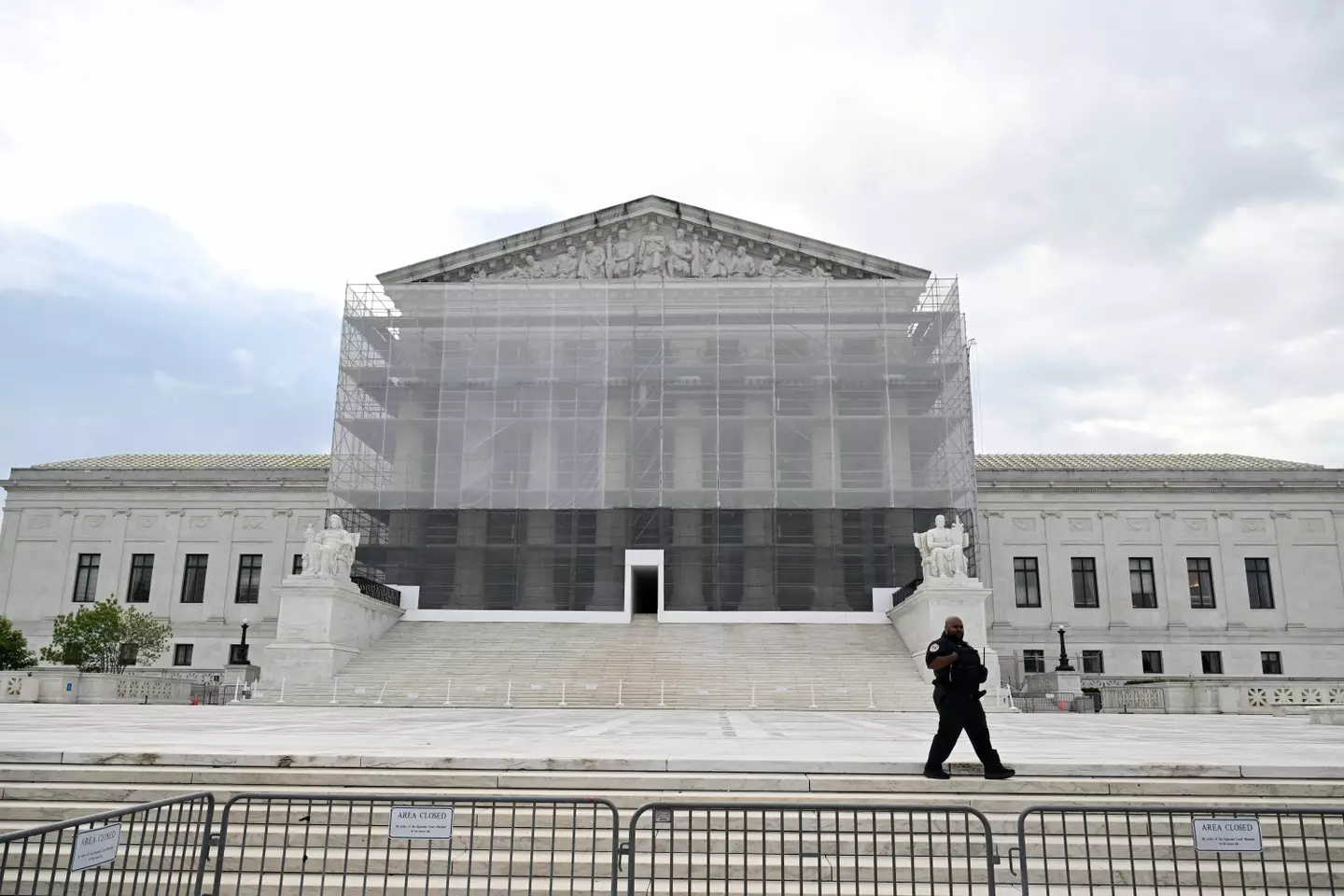In a major legal setback for Donald Trump, the U.S. Supreme Court has ruled against his controversial use of a centuries-old law to carry out mass deportations, reaffirming key constitutional protections and halting a policy critics have described as dangerous and unprecedented.
Earlier this year, President Trump attempted to revive the Alien Enemies Act—a law dating back to 1798—to deport hundreds of individuals he claimed were part of a Venezuelan gang known as Tren de Aragua. The group has been labeled by some U.S. agencies as a transnational criminal organization, but there has been no formal declaration of war between the U.S. and Venezuela, which is a central requirement of the law.

The Alien Enemies Act: A Wartime Relic
The Alien Enemies Act was one of four controversial laws passed as part of the Alien and Sedition Acts under President John Adams. It authorizes the U.S. president to detain or deport nationals of an enemy nation, but only during times of declared war or invasion. Historically, it has only been invoked three times—during the War of 1812, World War I, and World War II.
Trump’s recent actions mark the first attempt to apply the law in nearly 80 years, and notably, in peacetime. In March, his administration ordered the deportation of 238 alleged gang members, sending them to El Salvador’s CECOT mega-prison, a facility internationally criticized for overcrowding and human rights abuses.
Legal Pushback and Supreme Court Decision
The move was immediately challenged in court, with civil rights groups and immigration attorneys arguing that Trump’s use of the act violated due process and circumvented established legal procedures for removal.
Despite a federal judge issuing a temporary block on the deportations, a plane carrying the first group of detainees had already departed. It was later revealed that some of the deported individuals had no proven ties to criminal activity, raising serious questions about wrongful deportations and the criteria used to identify targets.
The Trump administration then asked the Supreme Court to lift the judicial block, claiming national security concerns and insisting that the president has broad authority under the act.
In a 7-2 decision, the Supreme Court refused to lift the temporary block, siding with the lower court and placing a firm check on presidential authority. The majority opinion emphasized that the deportation notices provided to detainees did not include adequate information or time for them to respond or access legal counsel.
“Under these circumstances, notice roughly 24 hours before removal, devoid of information about how to exercise due process rights to contest that removal, surely does not pass muster,” the justices wrote.

Trump’s Reaction: “The Court Is Tying My Hands”
Unsurprisingly, Trump was incensed by the ruling. Taking to Truth Social, he blasted the Supreme Court’s decision, writing in all caps:
“THE SUPREME COURT WON’T ALLOW US TO GET CRIMINALS OUT OF OUR COUNTRY!”
He continued: “They are not allowing me to do what I was elected to do. This means we can’t deport the worst murderers, drug dealers, gang members, and even those who are mentally insane—without going through a long, expensive legal process that could take years for each case.”
Trump’s frustration underscores his ongoing campaign promise to crack down on illegal immigration and violent crime. However, the court’s ruling signals that even bold executive actions must remain within the bounds of constitutional due process and international law.
Broader Implications and Criticism
Legal experts and human rights advocates have expressed relief at the ruling. Many warned that reviving a wartime-era law to justify peacetime deportations sets a dangerous precedent, particularly when the individuals targeted are not afforded a fair chance to defend themselves.
“This decision is a vital reminder that no president is above the law,” said immigration attorney Carla Ruiz. “Even in the name of national security, we must ensure that basic civil liberties are respected.”
Others noted the broader political implications, especially as Trump intensifies his 2024 campaign and continues to test the limits of executive power. The episode has also sparked renewed scrutiny of the Alien Enemies Act itself, with some lawmakers calling for its repeal or reform, arguing that it no longer belongs in modern U.S. law.
For now, the block remains in place, and Trump cannot proceed with further deportations under the 227-year-old statute. The legal battle is far from over, but the Supreme Court has made it clear: even ancient laws must adhere to modern standards of justice.









